Airline merger attempts haven’t gone well in the United States lately – even so, Alaska Airlines announced its intention to acquire Hawaiian.
In the aftermath of 9/11, the U.S. airline industry accelerated a trend of airline mergers and acquisitions. With demand for travel being slow to recover, this series of mergers lasted over a decade, until we ended up with the big names we know today: American, Delta, United, and Southwest.
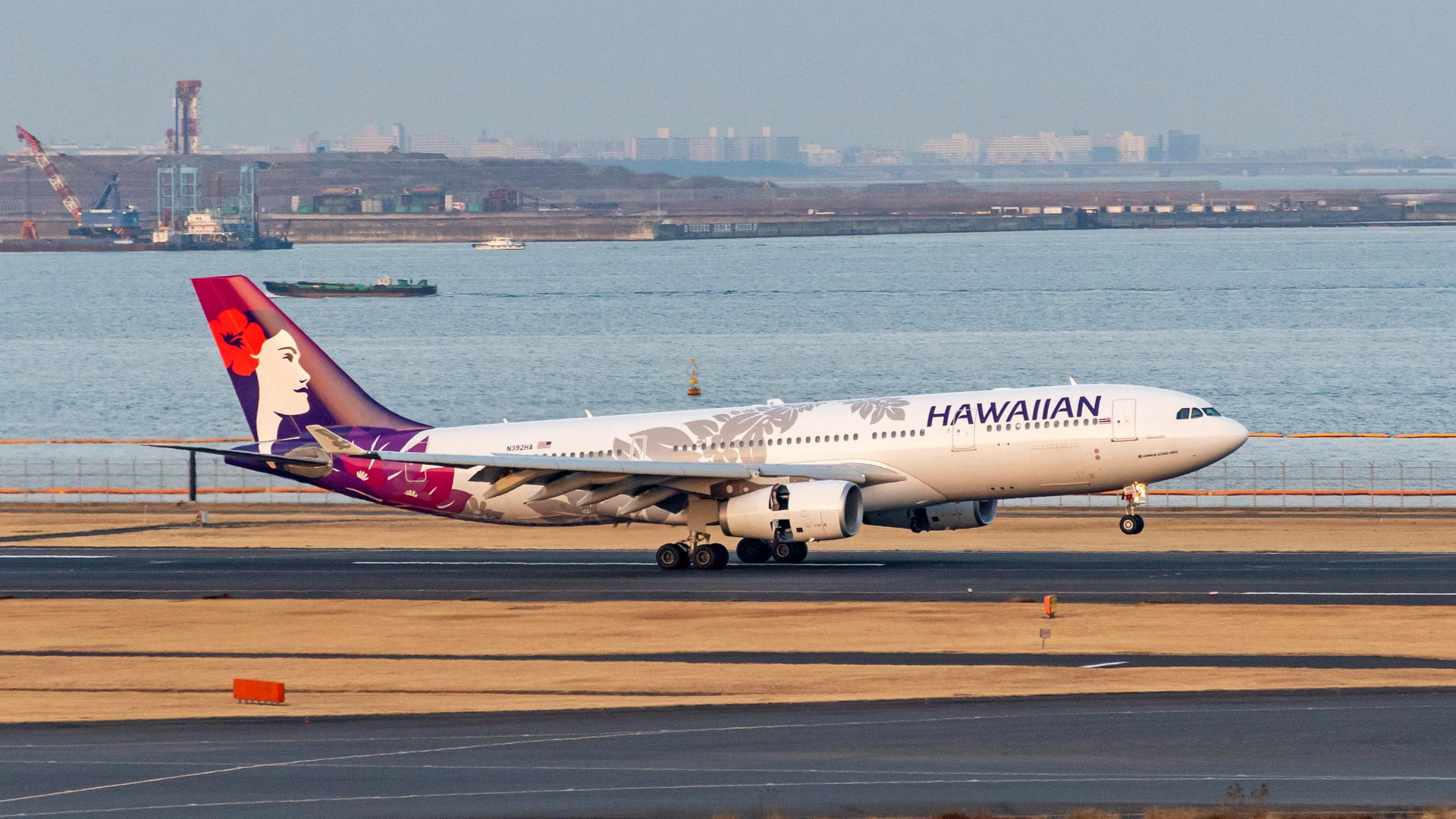
JetBlue and Alaska are next on this list, with Hawaiian, Spirit, and others being further down. And as it turns out, regulators would like things to stay this way – for now. Efforts from JetBlue to acquire Spirit have met with strong reactions.
Regulators are even challenging local partnerships between airlines, like the one between American and JetBlue in the north-east. That is the environment in which Alaska Airlines announced its intention to acquire Hawaiian.
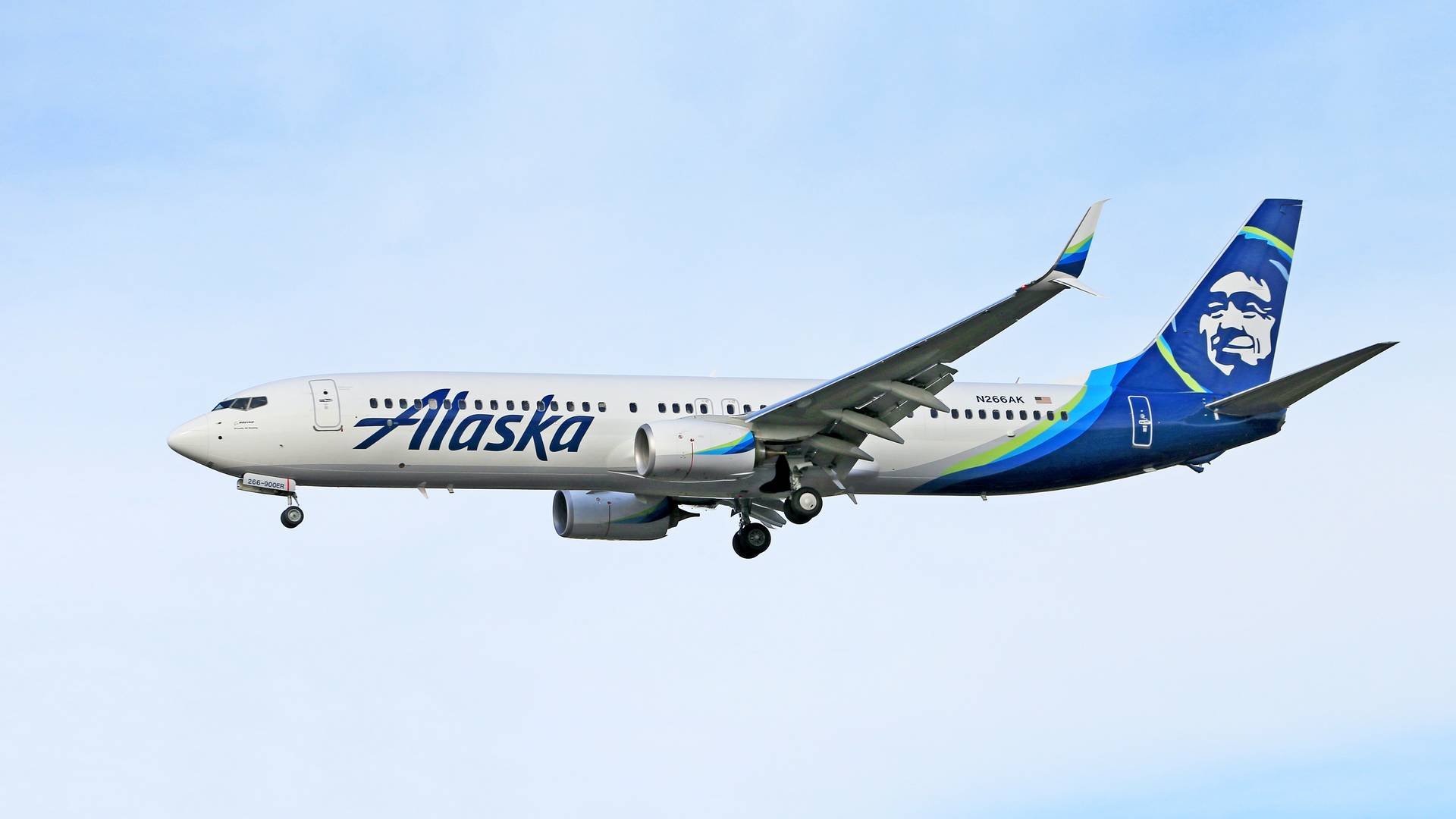
Worries?
The last merger to go through in the United States also featured Alaska Air, when the company took over Virgin America. At the time, Alaska Air’s airliners had a “Proudly all Boeing” inscription under their cockpit windows.
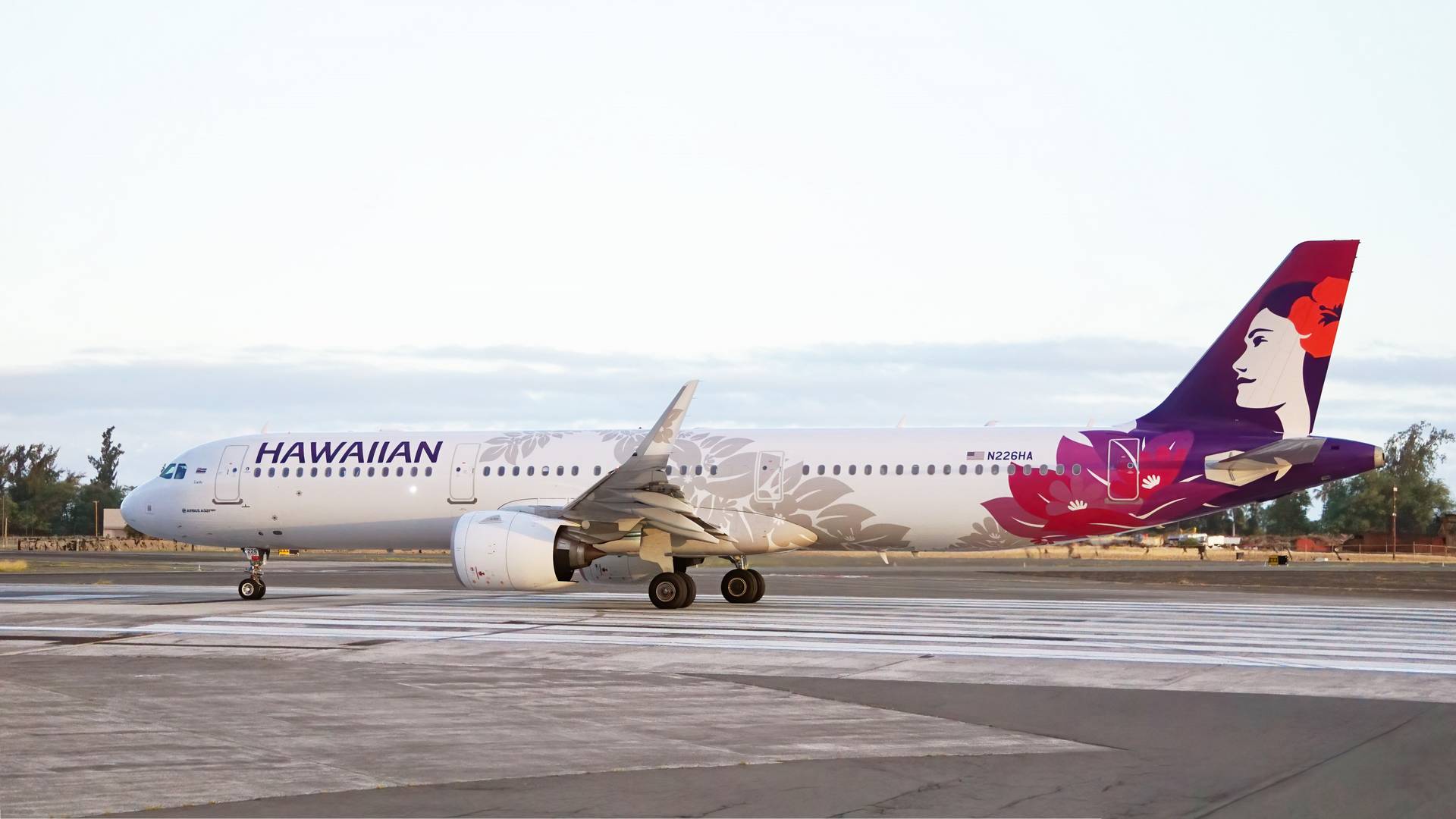
Alaska didn’t remove it, and as of September this year, it is once again true, after the airline handed back its last Airbuses to lessors. However, Alaska will once again have Airbus aircraft in its airline group, since Hawaiian uses quite a few of them.
The airline currently has 18 A321s, all of them very young ‘neo’ variants. There are also 25 Hawaiian Airbus A330s, and Alaska Air will also get some Boeings: 19 717s. But the accuracy of the airline’s livery definitely isn’t the main worry for Alaska’s investors.
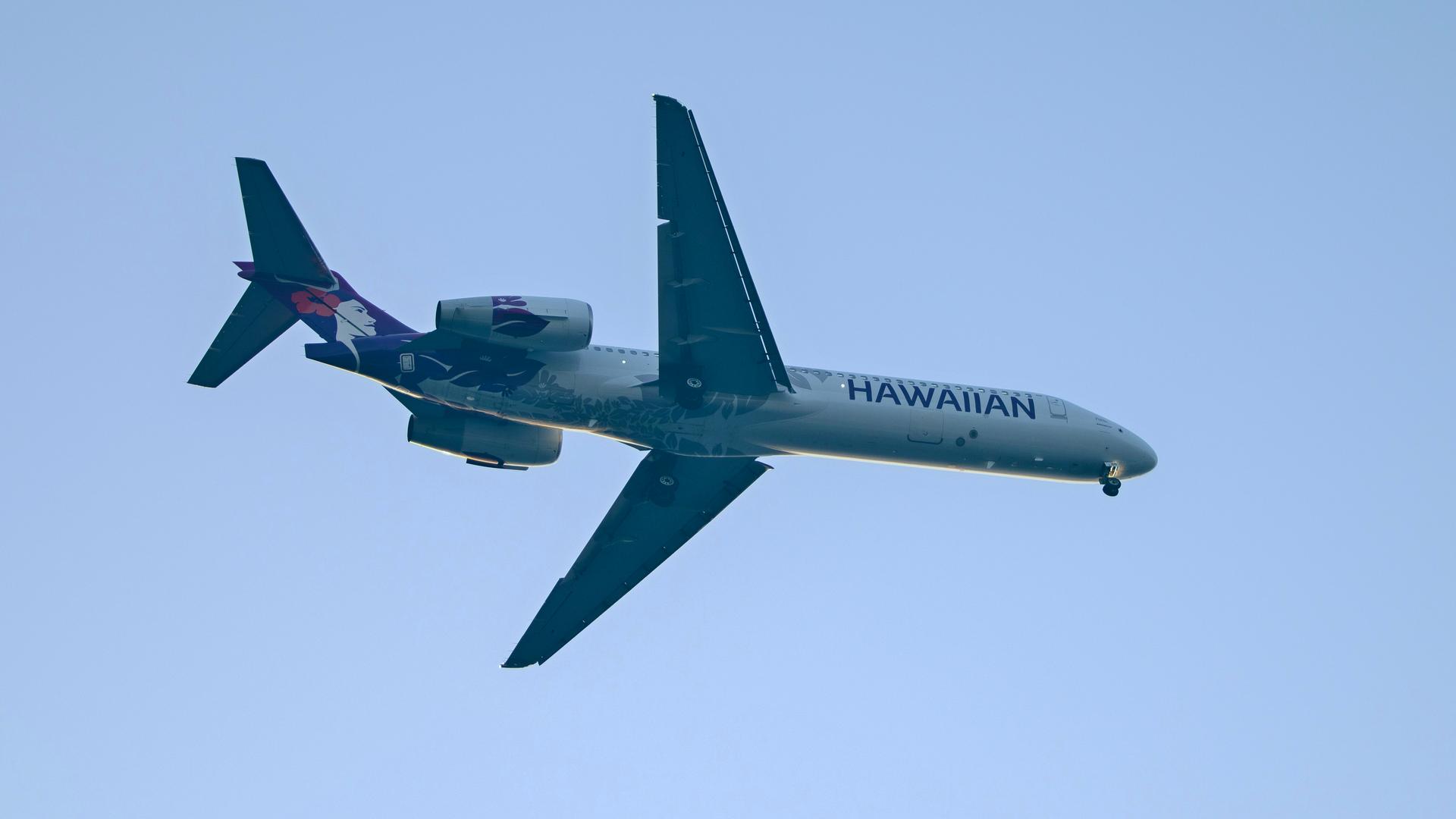
Nonetheless, at least some of the airline’s investors ARE worried. Alaska Air’s shares went down by 15%, in the aftermath of its Hawaiian announcement. Besides regulator-related worries, some investors may be unhappy about the premium that Alaska will pay for this acquisition.
Hawaiian Airlines Acquisition: A Good Deal For Alaska?
Under the terms of the deal, Alaska will pay $18 per share, which is a 270% premium over the current price of Hawaiian’s shares. However, the airline’s representatives later explained that they don’t consider Hawaiian’s current share price to be representative of its worth when its revenue is taken into account.
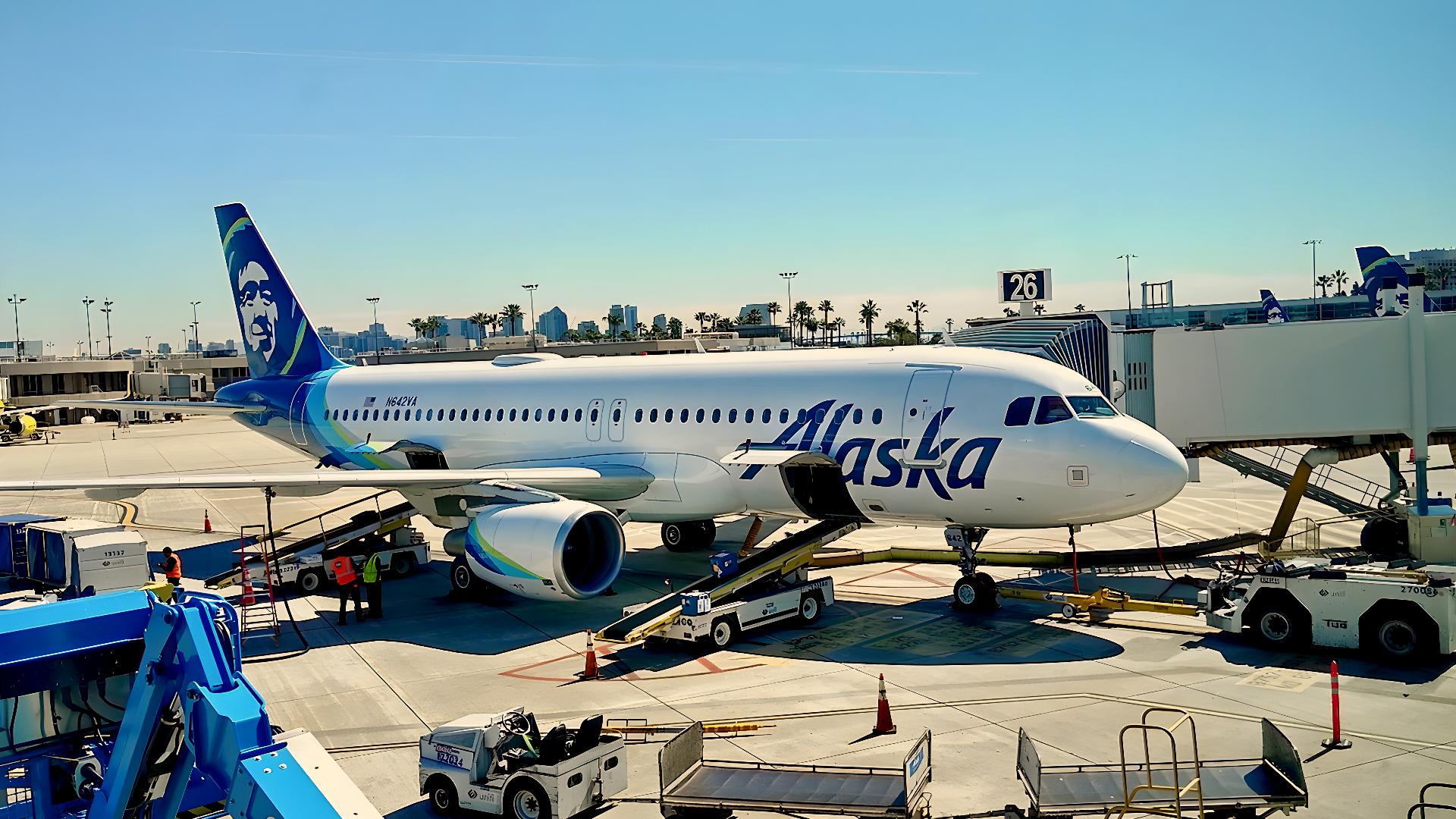
This is because Hawaiian’s shares have lost as much as 65% of their value over the past 12 months. And this is because of the wildfires in Maui, plus a lack of available aircraft. The latter issue involves the engine checks that many A320neo-family aircraft with Pratt & Whitney GTF engines require.
However, these are temporary obstacles that Hawaiian would recover from, reasons Alaska Air. As for the regulatory side of things, one big obstacle in both JetBlue and American’s “North-east Alliance” and the JetBlue-Spirit merger, was that the airlines’ routes overlapped substantially.
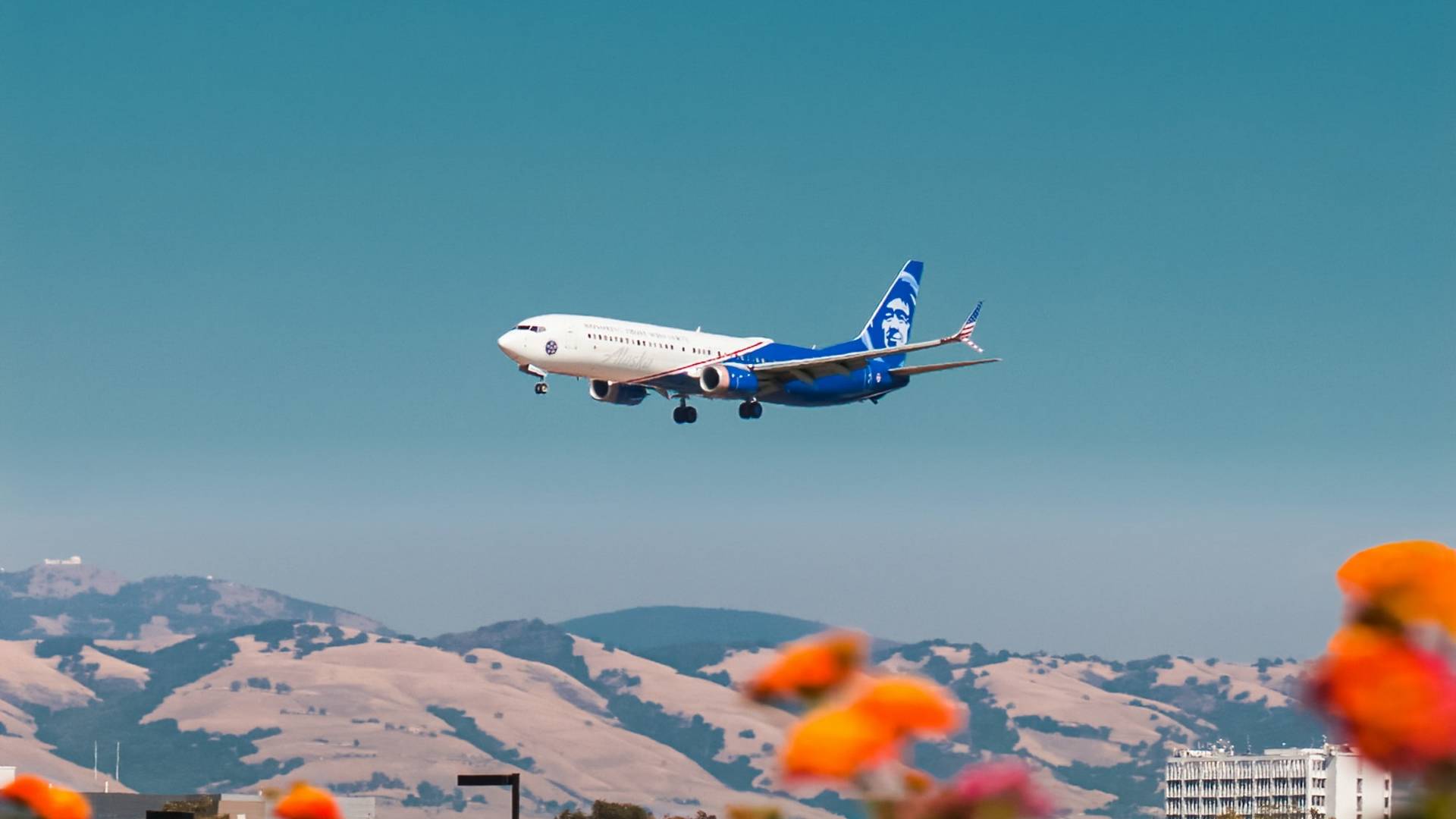
Thus, regulators argued that a merger would reduce competition. But in the case of Alaska Air and Hawaiian, only 12 out of 1,400 flights in their networks serve the same city pairs. That’s 0.86%. This gives Alaska a rather strong argument against any competition or anti-trust worries.
The pilot and flight attendant unions of both airlines are examining the deal, and have yet to comment for or against it, as of this writing.




1 comment
Rosalina
Brigado aceit